How royal titles are given
Several members of the Royal Family received new titles upon the death of the Queen
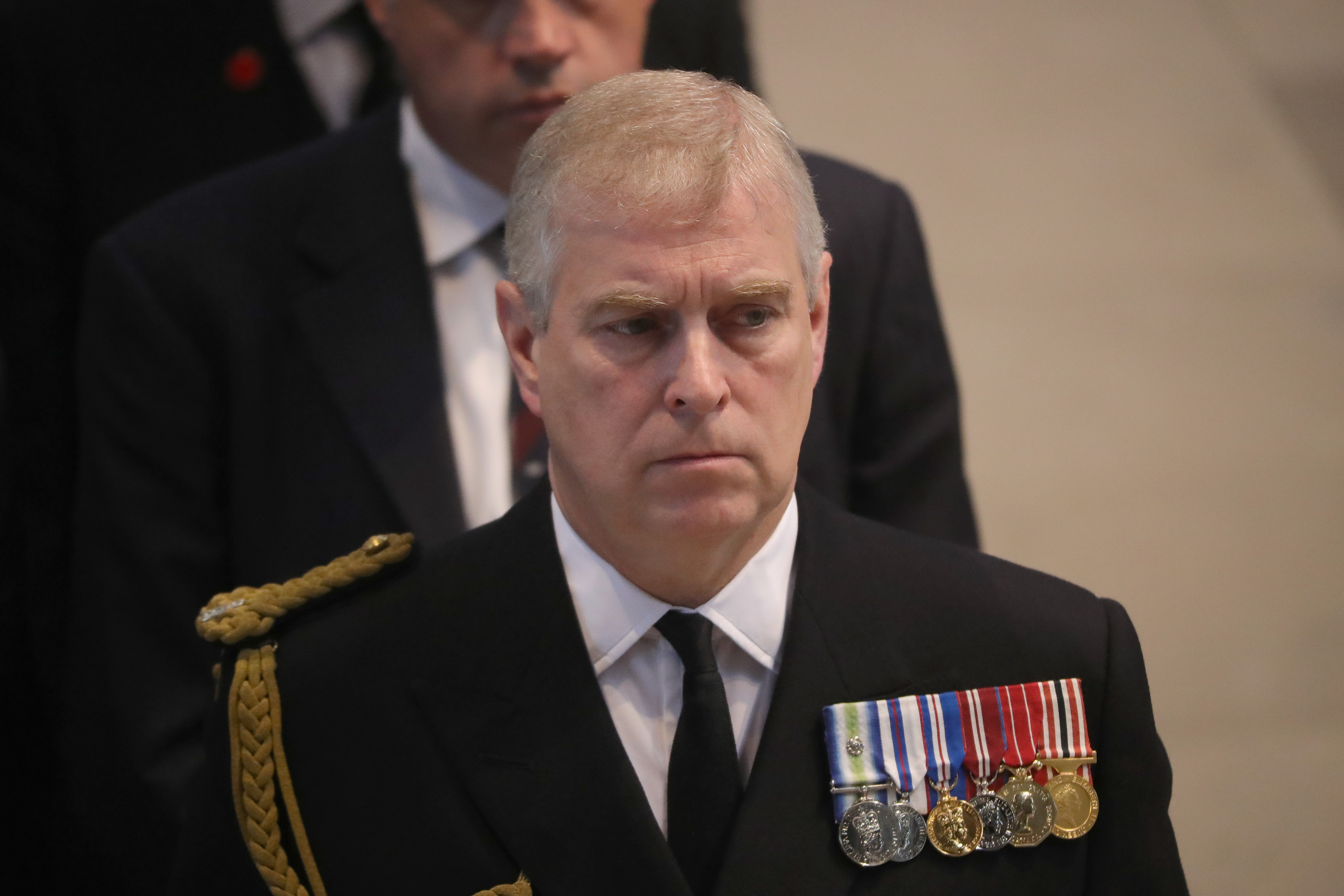
A free daily email with the biggest news stories of the day – and the best features from TheWeek.com
You are now subscribed
Your newsletter sign-up was successful
The death of Queen Elizabeth II meant her eldest son Charles immediately became the UK’s new King, and led to other members of the Royal Family also assuming new titles.
Upon the Queen’s death, Charles, who had been the Prince of Wales, a title traditionally reserved for the heir to the throne, became King of the United Kingdom of Great Britain and Northern Ireland. He is also King of 14 other Commonwealth realms.
His wife, Camilla, officially became Queen Consort in accordance with the wishes of the Queen, who said during her Platinum Jubilee celebrations that it was her “sincere wish” that Camilla would use the title.
The Week
Escape your echo chamber. Get the facts behind the news, plus analysis from multiple perspectives.

Sign up for The Week's Free Newsletters
From our morning news briefing to a weekly Good News Newsletter, get the best of The Week delivered directly to your inbox.
From our morning news briefing to a weekly Good News Newsletter, get the best of The Week delivered directly to your inbox.
Until now, Camilla had been known as the Duchess of Cornwall, using the female equivalent of one of her husband’s titles. She was also able to use the title Princess of Wales, but was “thought to not use [it] out of respect for Charles’s ex-wife Princess Diana”, reported the Daily Mail.
Who else has a new title?
Prince William was given the title of Duke of Cambridge in 2011, when he married Kate Middleton, who became Duchess of Cambridge. Upon the Queen’s death William was given the titles previously held by his father, with the royal couple becoming the Duke and Duchess of Cornwall and Cambridge.
As the Daily Mail noted, there is “no automatic succession” to the Prince of Wales title, which is traditionally given to the heir apparent. But in his first address to the nation as the new King, Charles named William and Catherine the new Prince and Princess of Wales.
“With Catherine beside him, our new Prince and Princess of Wales will, I know, continue to inspire and lead our national conversations,” said the monarch.
A free daily email with the biggest news stories of the day – and the best features from TheWeek.com
The couple’s three children will also receive new titles, becoming known as Prince George of Wales, Princess Charlotte of Wales and Prince Louis of Wales.
The Duke and Duchess of Sussex are likely to retain their current titles, although a 1917 edict by King George V means their children Archie and Lilibet “are technically now a ‘prince’ and ‘princess’”, said Time. Known as the Letters Patent, the edict said that all children and grandchildren of the sovereign through a male line can hold the titles of prince and princess.
Prince Edward, the youngest of the Queen’s children and currently the Earl of Wessex, could become the Duke of Edinburgh, with his wife Sophie becoming the Duchess of Edinburgh, although no official title change has yet been made.
Can titles be removed?
The Queen stripped Prince Andrew of his honorary military titles and patronages after a US judge ruled that a civil lawsuit over sex abuse allegations against him could proceed to trial in January 2022.
Buckingham Palace announced the decision following the publication of an open letter signed by more than 150 Royal Navy, RAF and Army veterans that urged the Queen to remove her second son’s eight British military titles.
Some of these titles were inherited by Andrew from his late father, Prince Philip, including Colonel of the Grenadier Guards, described by the BBC as “one of the most senior infantry regiments in the British army”.
But Andrew “has not lost everything”, wrote Craig Prescott, a law lecturer at Bangor University, in an article on The Conversation. Along with his rank of vice admiral in the Royal Navy, Andrew retains his birth title of “prince” and “remains the Duke of York, which is a peerage”, Prescott explained. And he is also still ninth in line of succession to the throne.
How the peerage works
The peerage is a centuries-old ranking system for British nobility. Five ranks of the peerage still exist today: duke, marquess, earl, viscount and baron.
Duke is the “highest and most important rank”, explained online history magazine Historic UK. Edward III created the first duke, in 1337, when he made his eldest son the Duke of Cornwall – a title now held by Prince William. Dukes (and duchesses, the female counterpart) are addressed as “your grace”.
Andrew became Duke of York when he married Sarah Ferguson in 1986. The title is traditionally granted to the monarch’s second son and has previously been held by the Queen’s father, George VI, and her grandfather, George V.
Unlike military titles, Andrew’s peerage can only be removed by an Act of Parliament. A peerage removal “can only be done by statute, passed by both the House of Commons and the House of Lords, and receiving royal assent, which means the agreement of the Queen”, said the i news site.
Calls for Andrew to lose his dukedom have been growing, particularly in York, where a city council member has launched a campaign backing the move.
But there is no historical precedent for the removal of a title of peerage by the Queen: Prince Harry and Meghan Markle are still the Duke and Duchess of Sussex despite quitting royal life in January 2020.
Other ranks of the peerage
A marquess, which is next in the line of nobility after a duke, is formally addressed as “lord”, and the wife of a marquess is a marchioness, addressed as “lady”. Only one woman in history has been created a marchioness in her own right: Anne Boleyn, prior to her marriage to Henry VIII.
The next rank in order of precedence is earl. The name comes from the Anglo-Saxon “eorl”, meaning military leader. After earl comes viscount, a title created in the 15th century, and then baron, a name derived from the Old German word “baro”, meaning freeman.
Titles of the peerage may be hereditary or granted for life. Historically, hereditary peers have had the right to sit in the House of Lords. However, following the House of Lords Act of 1999, most hereditary peers have now been “ejected”, with fewer than 100 remaining.
These days, new hereditary peerages are only granted by the Queen to members of the Royal Family. According to The Independent, the grandchildren of sons of the reigning monarch are automatically given the title of “prince” or “princess”, but any title beyond that – such as duke or duchess – “is granted by courtesy”.
The meaning of HRH
HRH (His or Her Royal Highness) titles have been issued to children and grandchildren of the monarch since the early 18th century, at the discretion of the monarchs of the time.
“Not everyone has accepted the offer of an HRH,” said CNN. The Queen’s daughter, Princess Anne, turned it down for her children, Peter and Zara.
“That’s in contrast to Prince Andrew, who allowed his daughters, Beatrice and Eugenie, to carry it,” added the US-based news network.
Prince Andrew still retains his HRH title – described by The New York Times as “a prized symbol of his status as a senior member of the Royal Family” – but he will not be able to use it in any official capacity. This puts him on the same footing as the Duke and Duchess of Sussex following their move to California.
Andrew and the Sussexes are not the first Royals to be prevented from using the HRH titles. The Queen also stripped Princess Diana and Sarah Ferguson of the title following their divorces from Charles and Andrew respectively. Diana was instead given the courtesy title of Diana, Princess of Wales.
How royal patronages work
Members of the Royal Family lend their name to a charity or organisation in a show of royal support that can provide “vital publicity” for a cause and “add status”, according to the family’s official website.
As well as losing his honorary military titles and the use of HRH, Andrew has also been stripped of his many royal patronages. In November 2019, “when the Duke of York stepped down from public duties, he held 230 patronages”, said the i news site.
Andrew’s patronages were returned to the Queen and redistributed to other members of the Royal Family.
-
 El Paso airspace closure tied to FAA-Pentagon standoff
El Paso airspace closure tied to FAA-Pentagon standoffSpeed Read The closure in the Texas border city stemmed from disagreements between the Federal Aviation Administration and Pentagon officials over drone-related tests
-
 Political cartoons for February 12
Political cartoons for February 12Cartoons Thursday's political cartoons include a Pam Bondi performance, Ghislaine Maxwell on tour, and ICE detention facilities
-
 Arcadia: Tom Stoppard’s ‘masterpiece’ makes a ‘triumphant’ return
Arcadia: Tom Stoppard’s ‘masterpiece’ makes a ‘triumphant’ returnThe Week Recommends Carrie Cracknell’s revival at the Old Vic ‘grips like a thriller’
-
 Will Beatrice and Eugenie be dragged into the Epstein scandal?
Will Beatrice and Eugenie be dragged into the Epstein scandal?Talking Point The latest slew of embarrassing emails from Fergie to the notorious sex offender have put her daughters in a deeply uncomfortable position
-
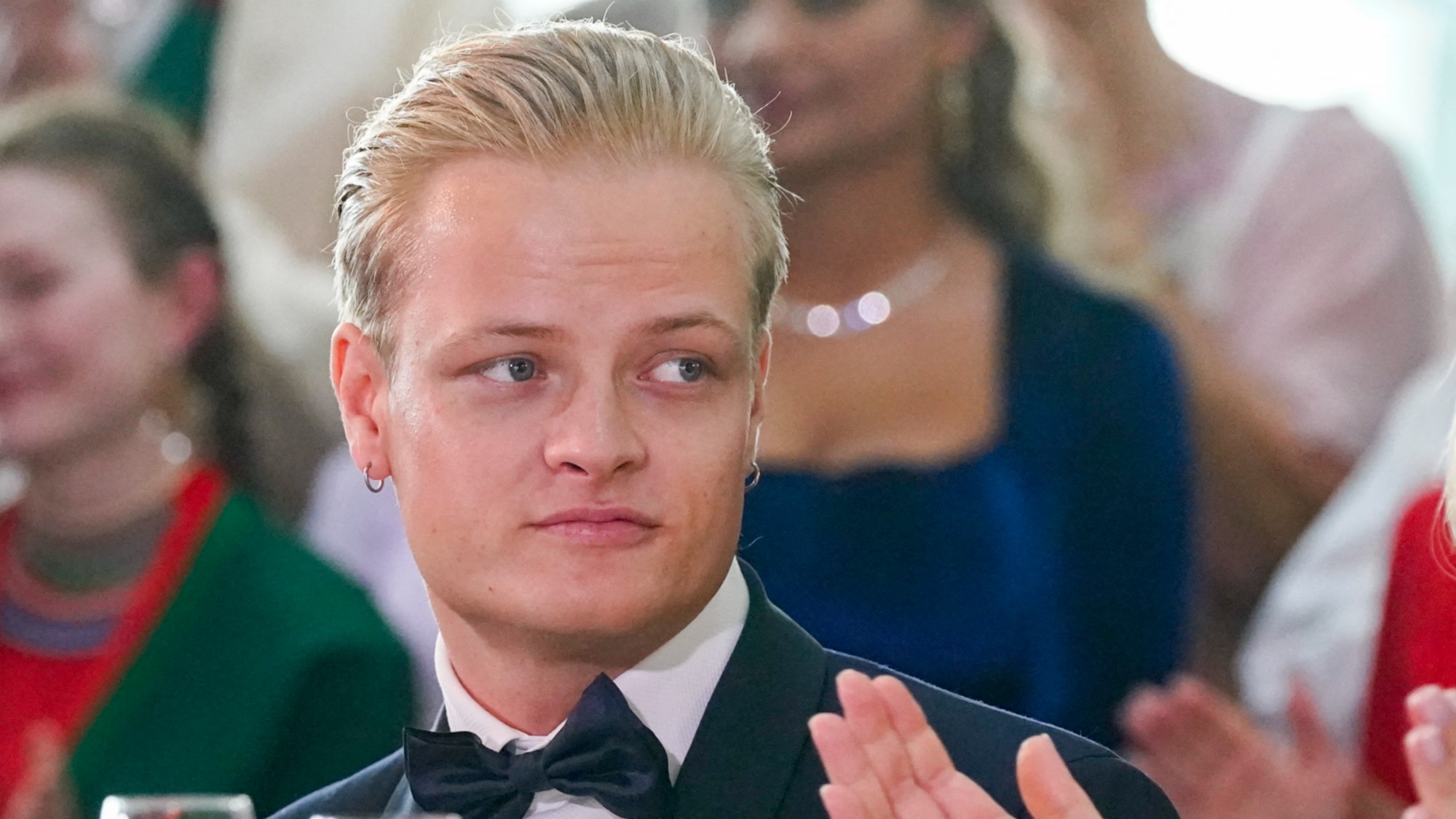 Norway’s scandal-hit royals
Norway’s scandal-hit royalsIn the Spotlight Rape trial of Marius Borg Høiby, son of the crown princess, adds to royal family's ‘already considerable woes’
-
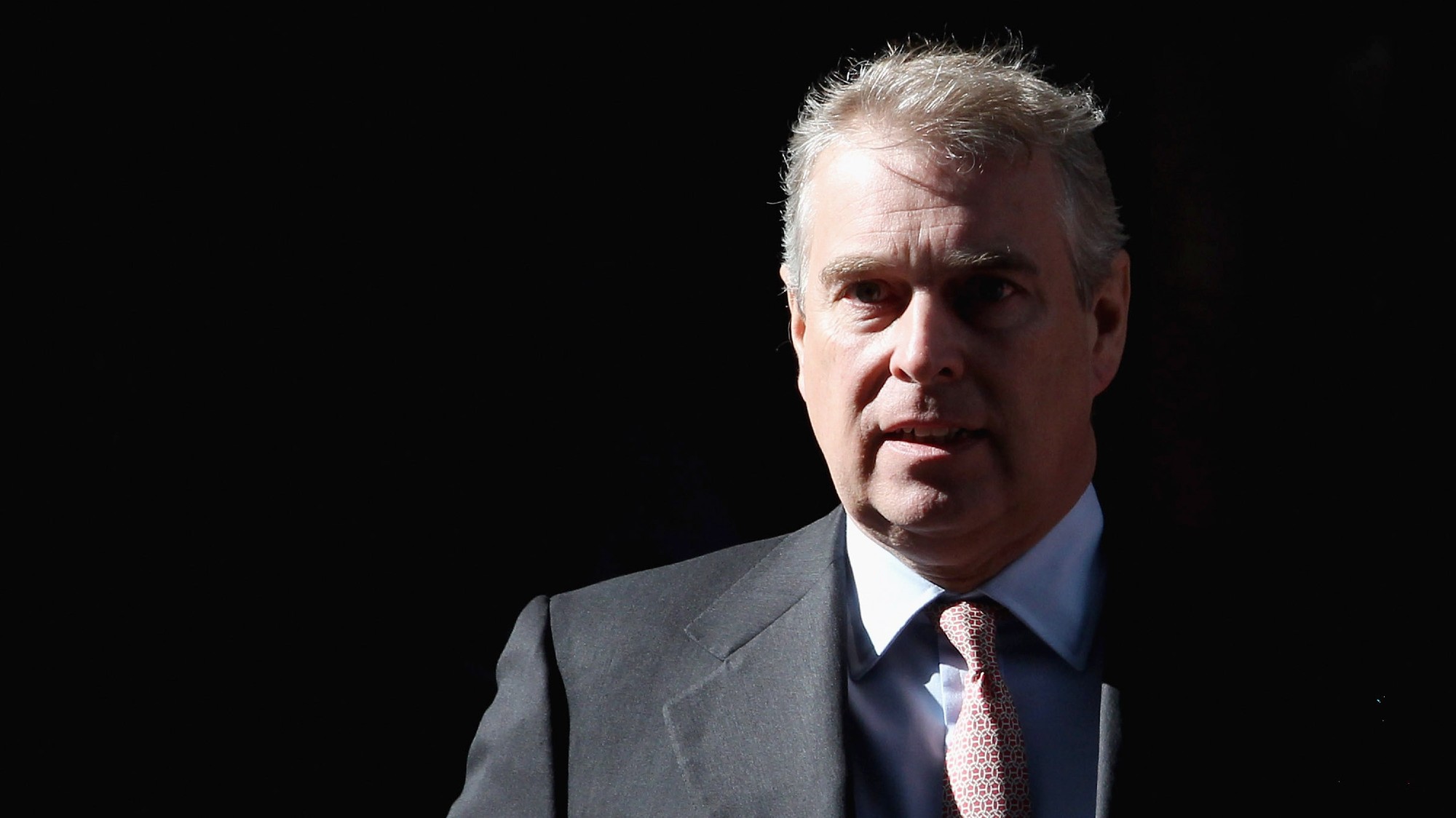 Prince Andrew: a timeline of disgraced royal’s Epstein scandal
Prince Andrew: a timeline of disgraced royal’s Epstein scandalIn Depth How the Queen’s favourite child went from Falklands War hero to public pariah
-
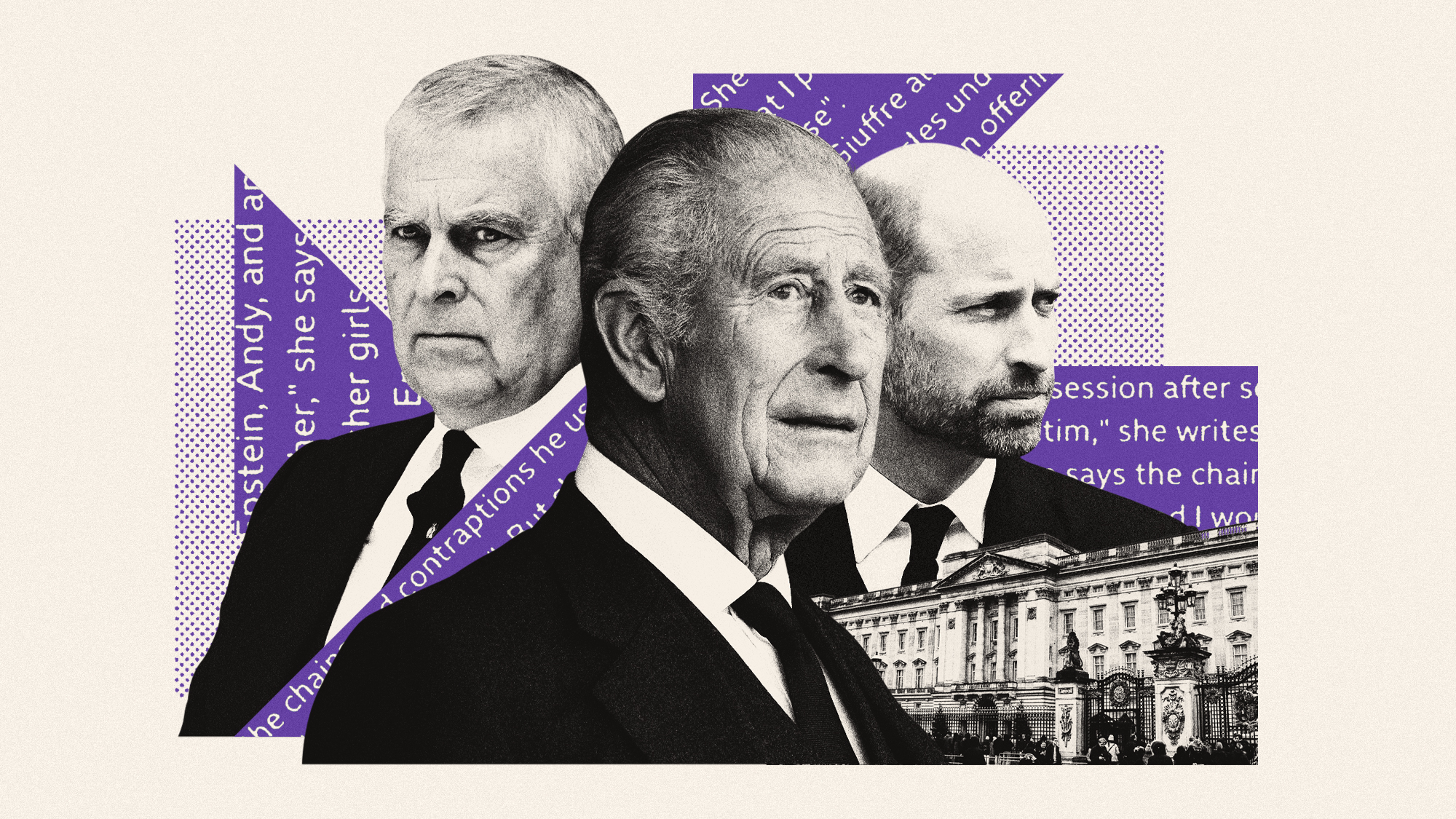 Prince Andrew: is the royal family doing enough?
Prince Andrew: is the royal family doing enough?Today’s Big Question King Charles faces calls for tougher action against Andrew after latest allegations about Virginia Giuffre and Jeffrey Epstein
-
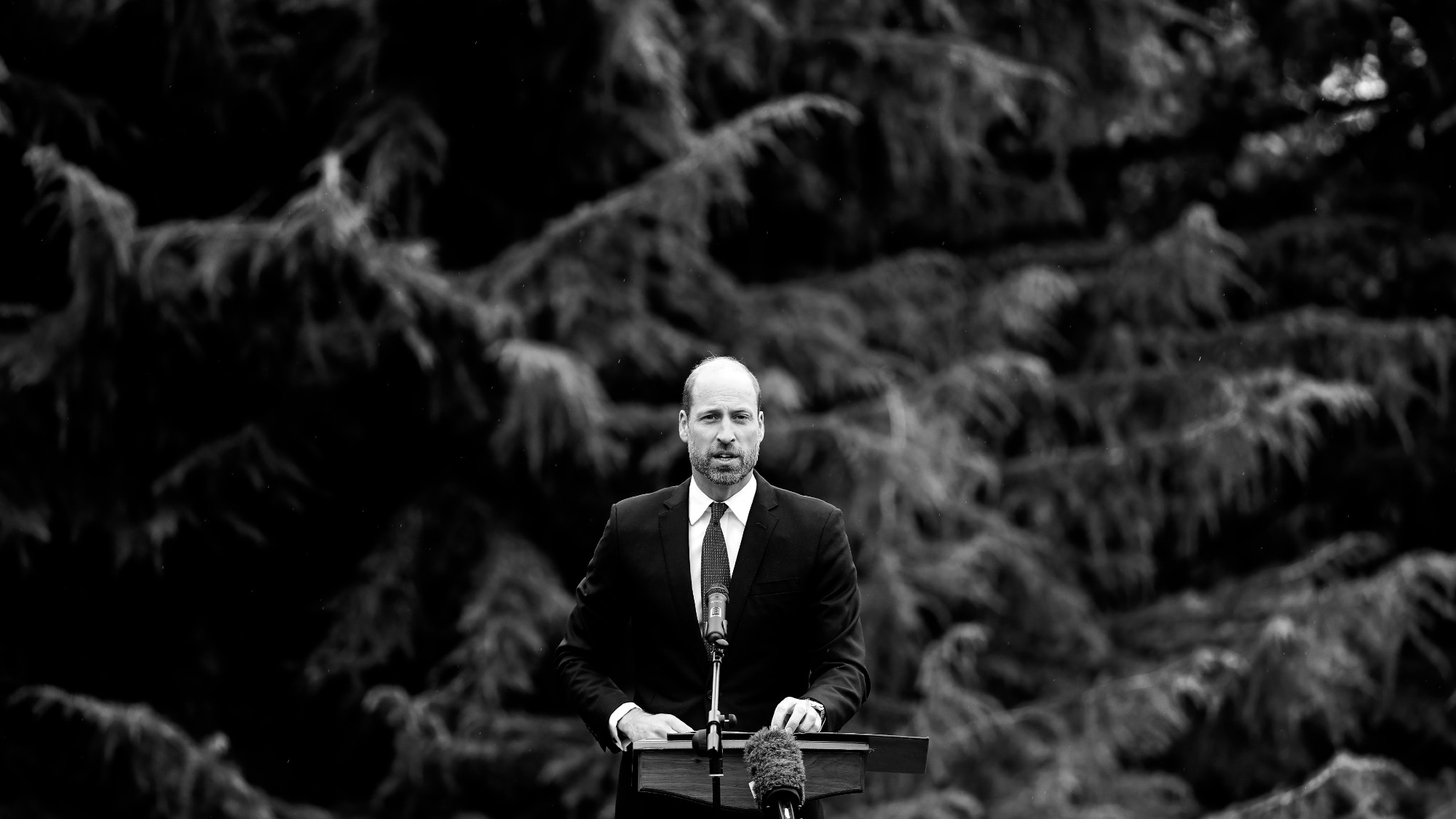 What will William be like as king?
What will William be like as king?Today's Big Question Prince of Wales said he won’t be ‘restricted’ by history when he takes the throne
-
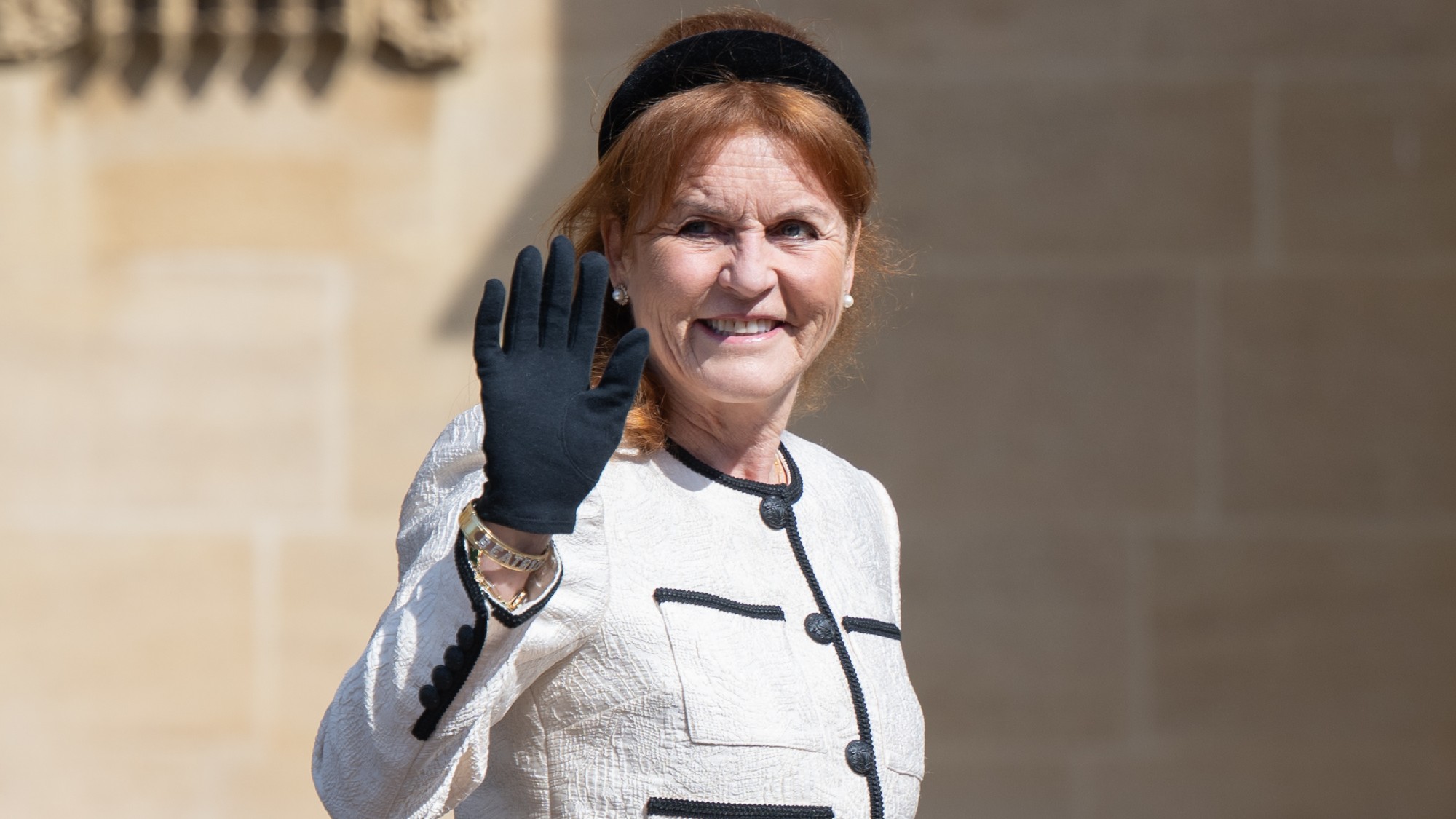 Sarah Ferguson: a reputation in tatters
Sarah Ferguson: a reputation in tattersIn the Spotlight After emails surfaced revealing ties to Jeffrey Epstein, weeks after she claimed to cut contact, her charities are running for the hills
-
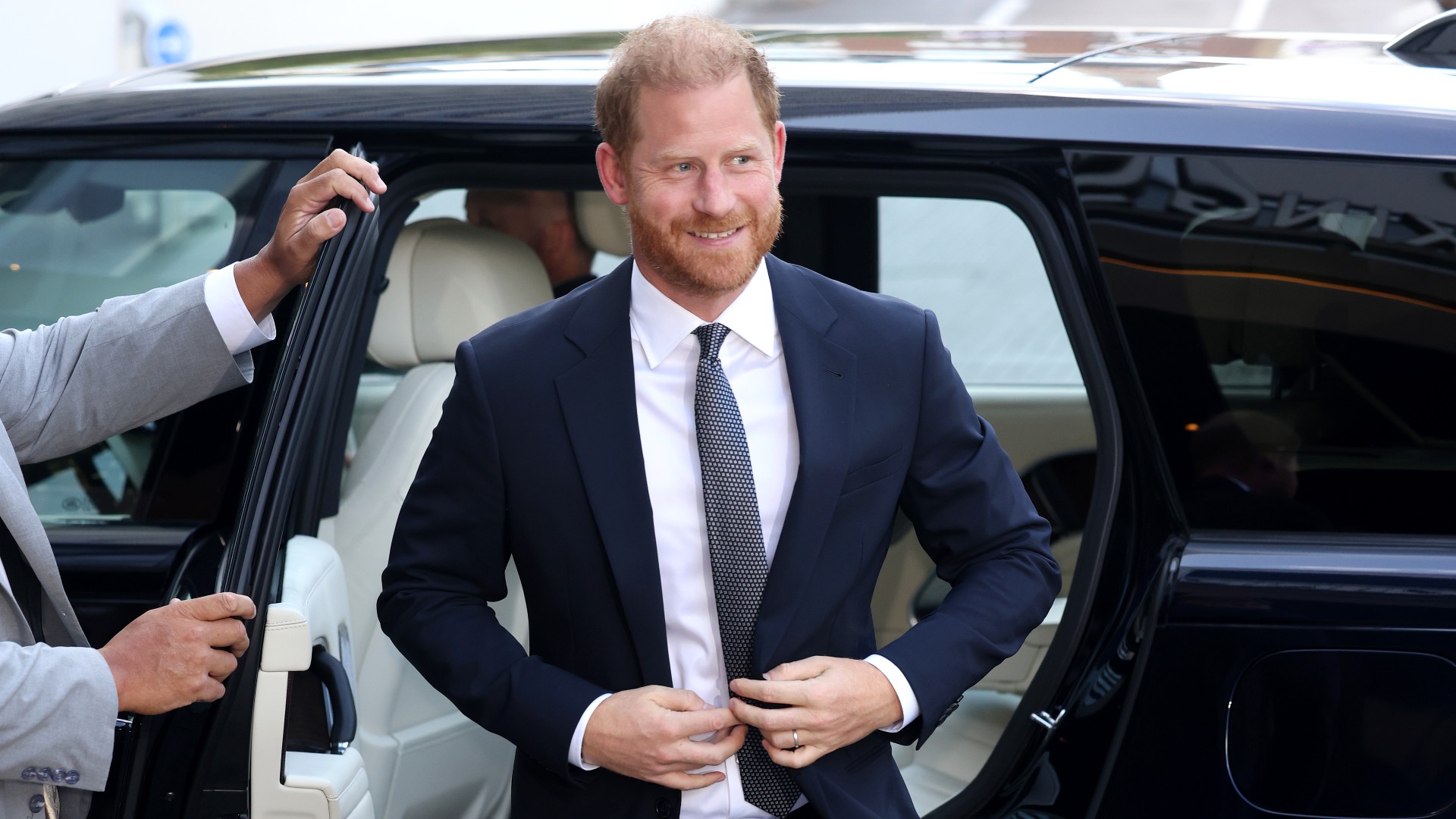 Prince charming: Harry’s tea with King sparks royal reconciliation rumours
Prince charming: Harry’s tea with King sparks royal reconciliation rumoursTalking Point Are the royals – and the UK public – ready to welcome the Duke of Sussex back in?
-
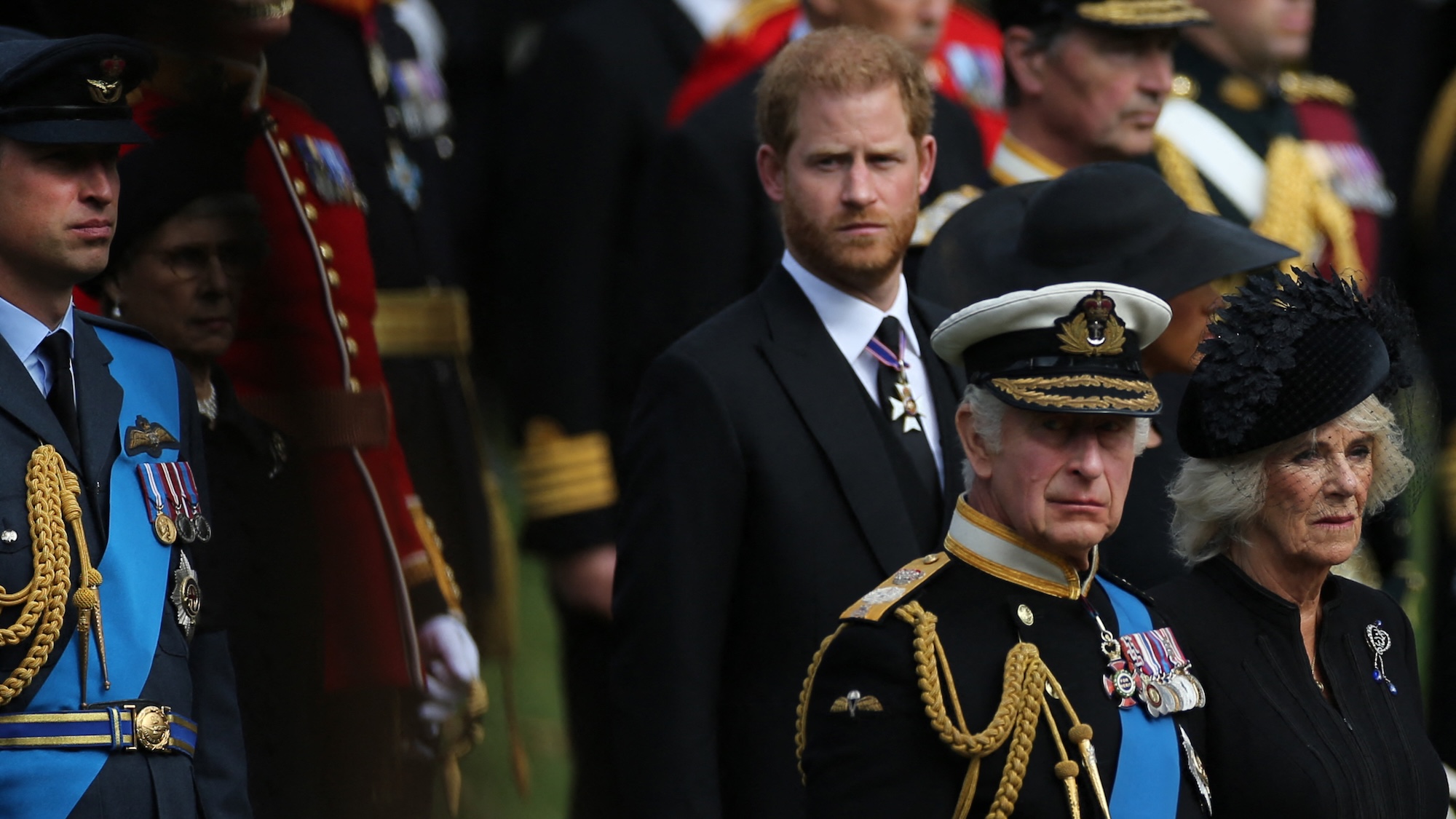 King Charles and Prince Harry: peace in our time?
King Charles and Prince Harry: peace in our time?Talking Point Leaked images of a secret meeting between royal aides suggest a dialogue is beginning to open up